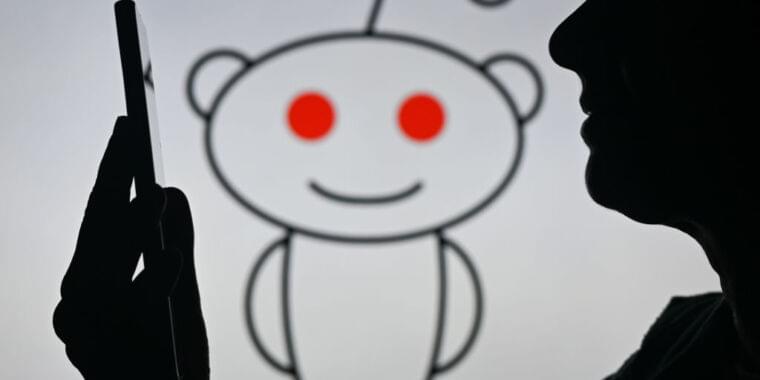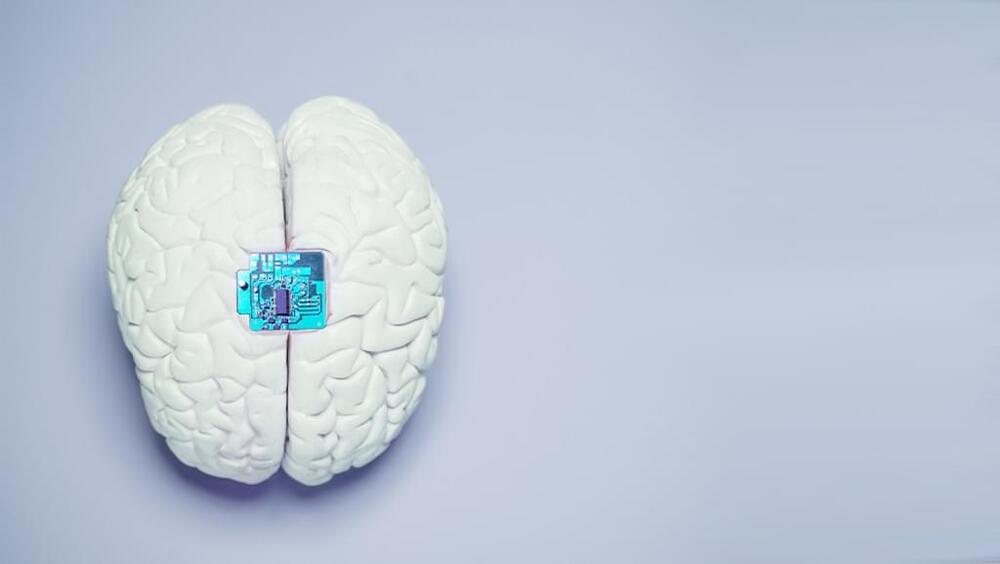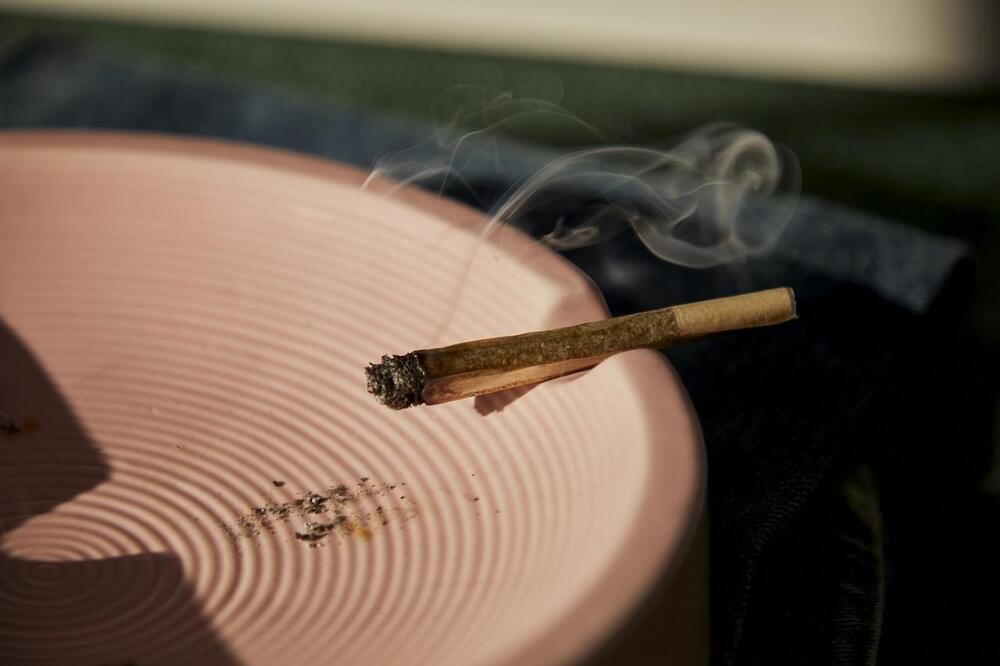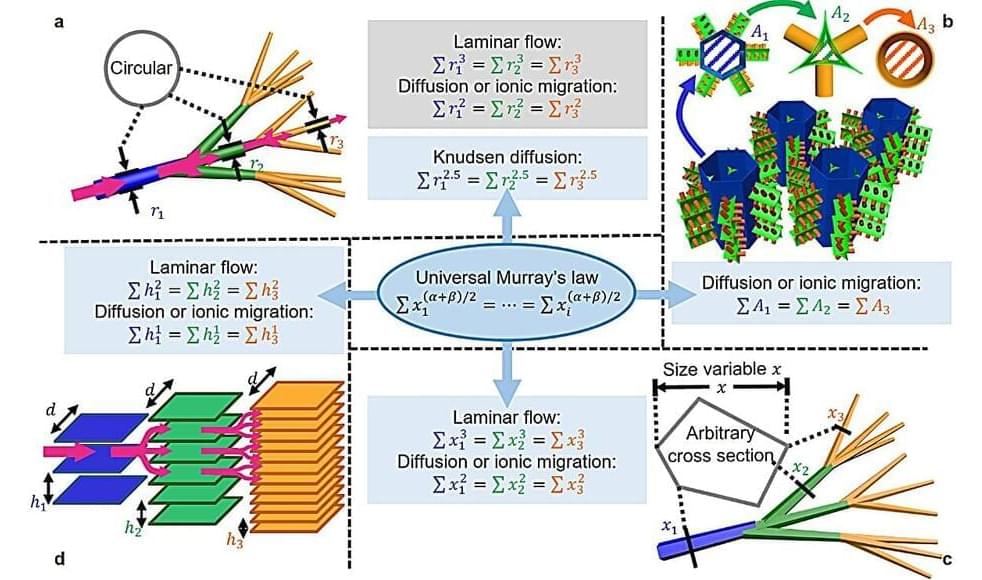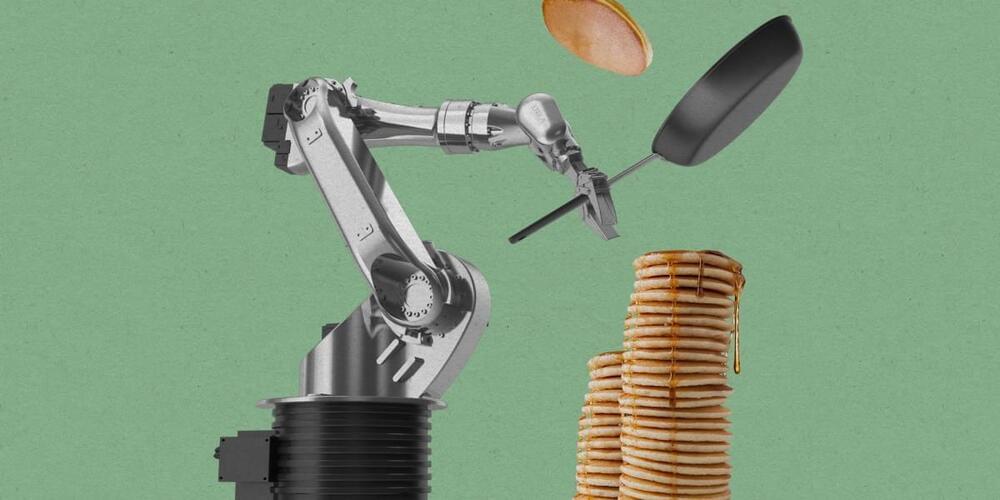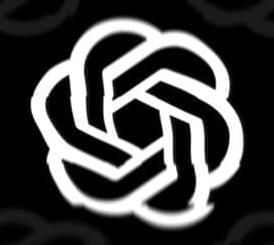“There is still a great deal of stigma around the use of substances during pregnancy,” said Dr. Jamie Lo, M.D., M.C.R. “Our hope is that this research supports more open and productive conversations that ultimately result in a healthier pregnancy.”
It has long been known that smoking during pregnancy can result in bad health for newborns, but what are the consequences of smoking both nicotine and cannabis during pregnancy? This is what a recent study published in JAMA hopes to address as a team of researchers investigated the potential health risks for newborns when pregnant mothers smoke both nicotine and cannabis during pregnancy. This study holds the potential to help researchers, medical practitioners, and the public better understand the health risks of cannabis as its recreational use continues to become legalized across the United States.
“With the growing legalization of cannabis around the country, there is often a perception that cannabis is safe in pregnancy,” said Dr. Jamie Lo, M.D., M.C.R., who is an associate professor of obstetrics and gynecology at the Oregon Health & Science University School of Medicine and a co-author on the study. “Because we know that many people who use cannabis often use tobacco or nicotine products, we wanted to better understand the potential health implications on both the pregnant individual and the infant.
For the study, the researchers analyzed hospital discharge data of 3,129,259 pregnant women whose records were obtained from the California Department of Public Health and the California Department of Health Care Access and Information with the goal of using specific health codes to ascertain cannabis and nicotine use during pregnancy, and specifically the health outcomes of their newborns resulting from this exposure. In the end, the researchers determined that 23,007 used cannabis during pregnancy, 56,811 used nicotine during pregnancy, and 10,312 used both during pregnancy.


